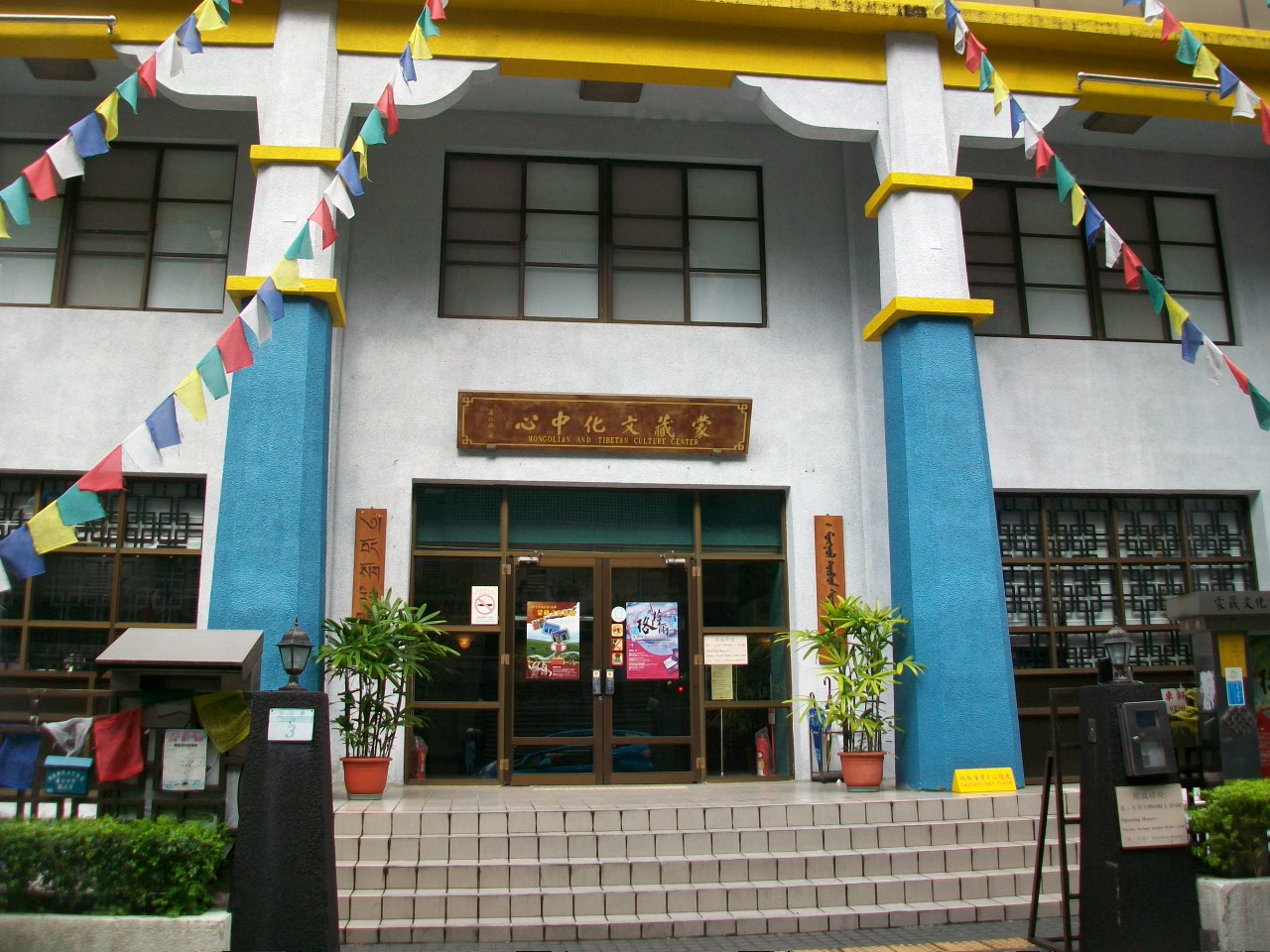
(TibetanReview.net, Aug17, 2017) – The door is finally closing on Taiwan’s cabinet-level Mongolian and Tibetan Affairs Commission, with no budget having been allocated for it for 2018, reported scmp.com Aug 16. The commission, which promotes Mongolian and Tibetan culture and exchanges and which has for long been a bête noire of the exiled Tibetan establishment, would be phased out before the end of the year as part of restructuring efforts to streamline the island’s government, the report said.
“As part of the phase-out plans, the cabinet [has not] allocated a budget for the commission for next year,” the report quoted cabinet spokesman Hsu Kuo-yung as saying. He has said the cabinet would formally submit a phase-out bill before the legislative review of the government’s fiscal budget for 2018, which is scheduled for the end of this month.
Under Taiwan’s constitution, Tibet and Mongolia are still considered part of the Republic of China.
The report said some of the functions of the commission would be absorbed by the expanded Department of Hong Kong, Macao, Mongolia and Tibet Affairs under the Mainland Affairs Council, Taiwan’s top government agency on its policy dealings with Beijing.
Minister without portfolio Hsu Jan-yau, who heads the commission, has said some other duties would be transferred to the Culture Ministry’s new department, the Mongolian and Tibetan Cultural Centre. He has added that operations concerning relations and exchanges would go to the Foreign Ministry.
Discussions of abolishing the organisation have been ongoing since the days of Chen Shui-bian, the former head of the independence-leaning Democratic Progressive Party (DPP) who served as president between 2000 and 2008. In 2010, then president and leader of the Kuomintang Ma Ying-jeou ordered a restructuring of the government, which included the abolishment of the commission. However, the move got stalled mainly due to arguments over whether Tibet and Mongolia should be considered foreign or mainland areas, the report said.
The commission, set up under its current name in 1928 when the Kuomintang ruled the Republic of China in the Mainland, was notorious for funding disaffected elements to create turbulence and dissention within the Tibetan community in exile until the 1990’s. This came to an end when Taiwan became a democracy and invited the Dalai Lama to visit the island. China reacted with bitter anger, including by launching missile tests.
The late Kuomintang leader Chiang Kai-shek attempted to use the commission – which he relocated to Taiwan in 1949 after losing the civil war – to promote rebellions against the Chinese Communists in Tibet and Inner Mongolia.


